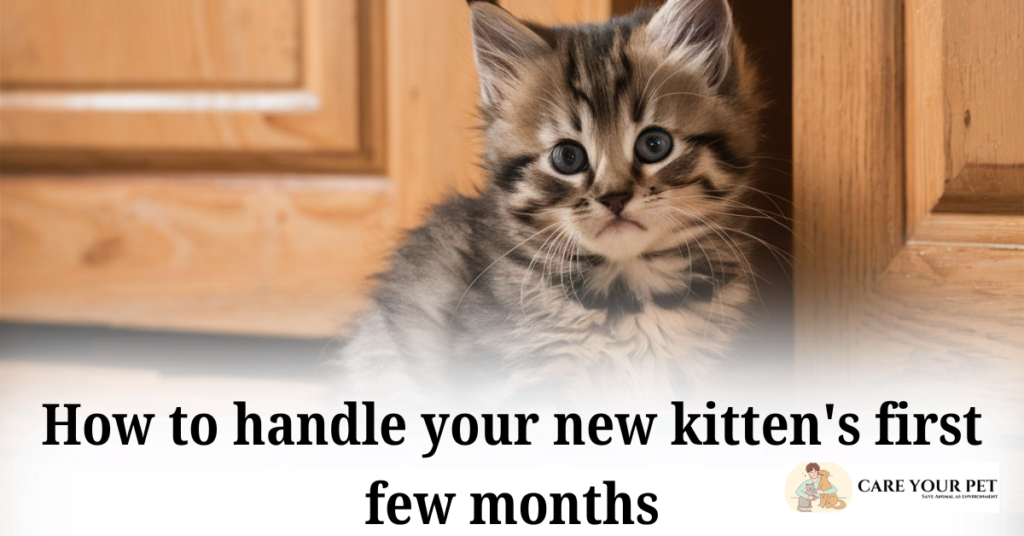Contents
Intro new kitten’s Care
It is always a great joy when one is introducing a new member into a family especially in this case when it is a kitten. Your new family member will be a source of affection and company and will indeed be a lot of fun when they get to be an adult cat. However, there is something that you must have in place to ensure that every time they get to the event they enjoy it so here is some tips.
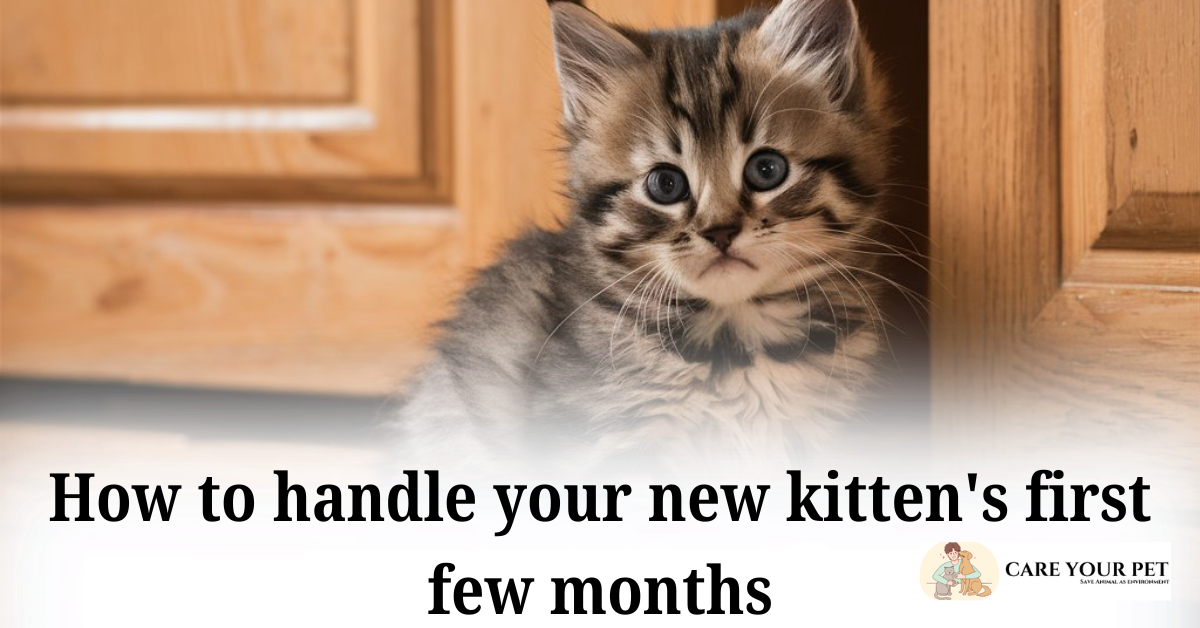
The first few days new kitten’s
As much as possible, start doing preparations at least a few weeks before you will be bringing the kitten to your new home. Assign them a less crowded room for the first week to allow them begin to familiarize themselves with the new environment.
Make sure they have access to:
- The elements of food and water shall be provided in fully separated regions.
- One litter tray preferably in a position that does not allow it to come in contact with other items.
- A comfortable soft bed Question 1 Answer In this last passage, the typical representation of America is portrayed through a comfortable, soft bed.
- One or more safe hiding spots must be available with the frequency of safe hiding places being at least once – a covered carrier, a bed made in a teepee style or box.
- Shelves or a cat tree are examples of places where your cat may go to climb.
- Pet and toy accessories such as toys and scratching posts.
- You can also bring home something that has familiar smell like a blanket so that they do not feel anxious.
After you have taken your kitten to the new room, leave them to adapt themselves to the new environment. Do not take your kitten out of the carrier; instead, place the carrier in the selected location and let the kitten exit the carrier at his/her own convenience. They may need lots of affection and excitement as a reminder that the move is not all bad, although they will probably be quite stressed out about it.
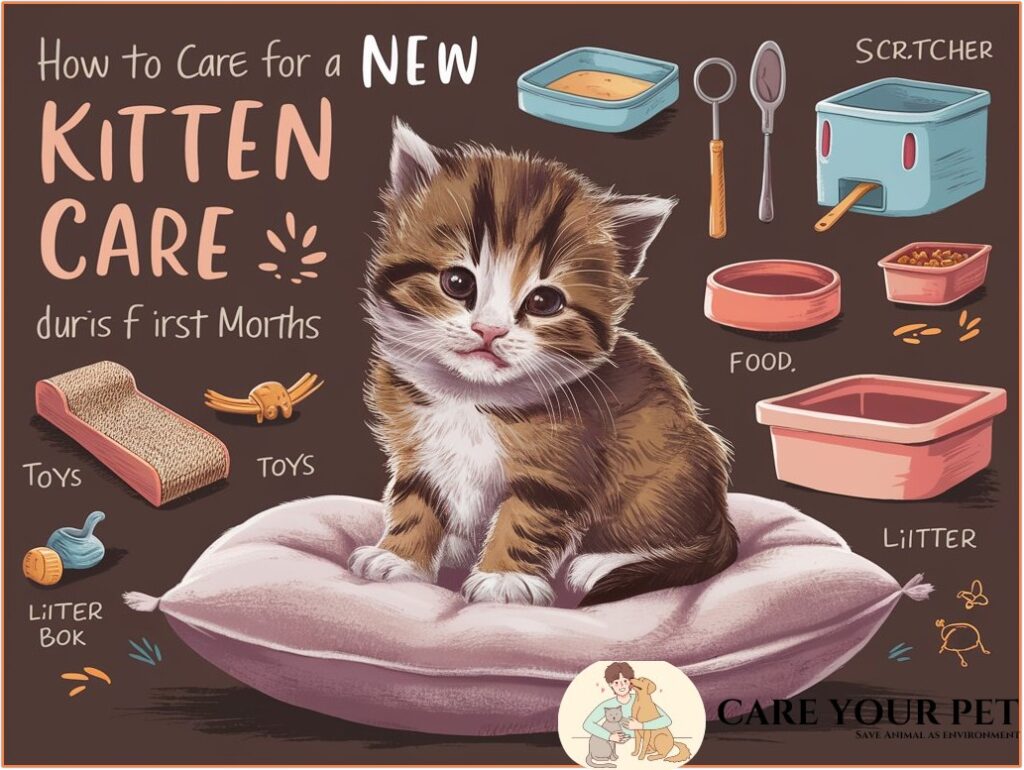
Do not overburden the students with too many questions and instructions since the primary input depends on the teacher. They need some time to adapt to the new situation – do not rush to pet them; there is plenty of time for this later. To ease them they can put on a radio when you depart from the room the music silence will make them calm and Reduce others sound that may prove scary to them.
To avoid being overwhelmed it is recommended that one has signed up with the vet BEFORE you bring your new addition to the family. They are still in the stage where problems can develop as a result of their still developing immune system and make sure you have your new vet on speed dial for any odd events.
It’s advisable to carry your new arrival to a veterinarian as soon as possible to check that they are fit, for purchasing flea as well as worming merchandise and to discuss spaying or neutering and micro chipping.
In the first days of the kitten’s stay, it should feel somewhat safer and, thus, less stressed. In this room for instance, you can take them to other family members they have never seen or take them through certain motions so that they slowly gain their confidence before facing the rest of the house.
However, one needs to know that when a kitten adapts to new environment it can be stressed if it is exposed to a lot of people at once therefore the rest of family members should be introduced in small number at a time.
Playtime
Kittens are playful little creatures – one glance and they are bouncing around and the next they are dead to the world wherever the drop. To play with your kitten follow these fun activities, toys that the kitten can play alone such as ball circuits and toys that you can play together with such as fishing rods, avoid using these toys alone as it may harm your kitten and always supervise your kitten when playing with it.

Throw away or, at least, replace the toys that your kitten uses often, so that he/she does not get bored. If your kitten starts stalking, pouncing, jumping or biting or clawing then may be kitten is bored – you can get toys to give him a physical and mentally challenging activity.
When playing with a kitten, you might be very playful to the extent of using your fingers or even your toes to play with the kitten but this is discouraged. If they think that this is acceptable play, you may incur a few scratches when they have fully grown into a feline cat! This kind of improper behavior is sexually related and is quite typical for kittens. So the need to teach them rather be done using what is referred to as positive reinforcement and not developing a habit of shouting at them.
Some people act out just for reinforcement, hence it’s best to just avoid paying too much attention to them in fear that it will make them even worse. If they are teasing you with your feet sites, then do not move at all so they can’t play with ‘the prey’ anymore.
Boundaries
However, as more and more people experience it, do not allow your new adorable kitten to get away with much! Even if your tiny bundle of fluff is cute, their maturity also has to learn about the dos and don’ts, and what is acceptable behaviour in the new home they are in.
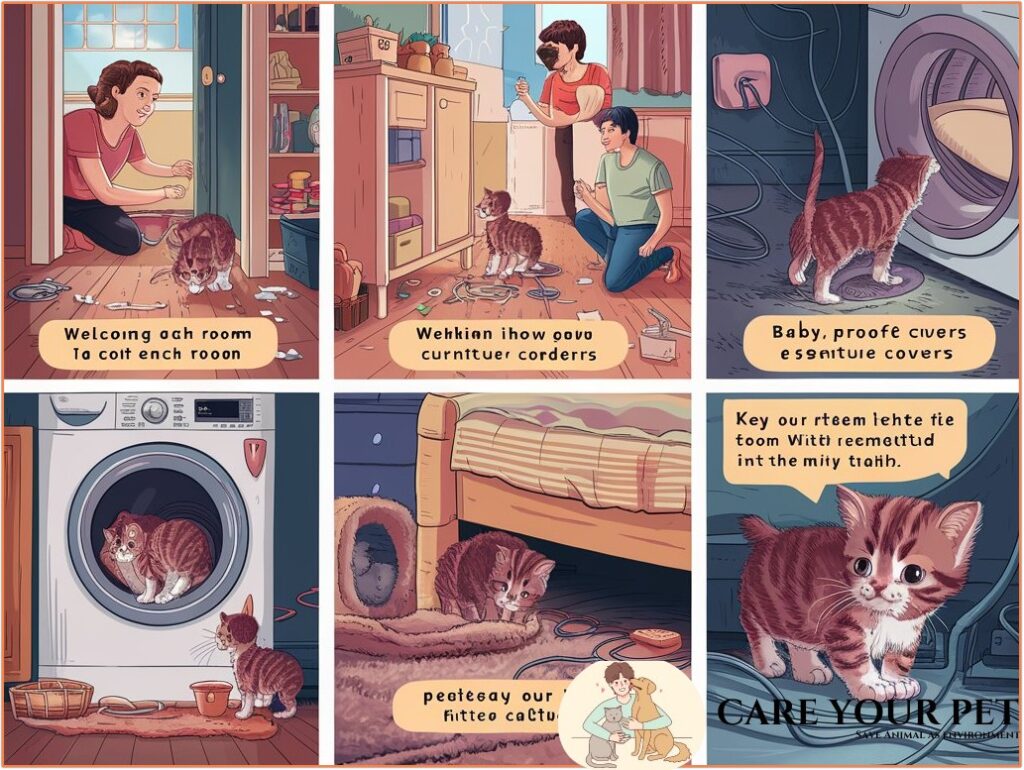
If your kitten plays up and wanders round your house in the wrong manner do not shout at it, simply leave it alone for some time.
Be sure not to scold them when they do something wrong but rather encourage them when they are good, give them a lot of positive interactions including playing with them and giving them some of the things that they need to want. Finally, stick to your set boundaries and make sure all the other members of your family are also sticking to this.
Kitten proofing
Hiring a new kitten into your home is such a joy as it is likened to having a new baby meaning you need to baby-proof your home before your new baby is allowed to roam around the house.
Gradually increase the extent of their freedom to wander around the geography of the house, and observe them to ensure that they do not indulge too much in troubling activities.
Cats and kittens are capable of fitting their tiny bodies though the smallest gap, no matter how tightly it has been shut so it is recommended to cover or block all furniture crevices such as; sofa, cupboard, bed or any other apparatus, and keep doors and lids close including; the toilet bowl, washing machine, and tumble dryer.
Make sure the kitten has not crawled under the apparatus before switching on the appliances. It is important to ensure that all cables and wires are out of your kitten’s reach so that she cannot chew on them, or get entangled in them.
Routines

During the getting used period you can gradually introduce the daily schedule and begin with response training. For instance, they could acclimatise to the sound of rattling a food tin that you use in your household. Once they see and associate it with food then you can use it again to summon them when you want them inside the next time.
Heading outside
Therefore, provided you are satisfied that your kitten is comfortable in your new surroundings, you can start to accustom them to the garden after they are five-six months of age, although this will vary from kitten to kitten.
To do this, ensure they are neutered, chipped, fully vaccinated plus flea and worm treated way ahead of the day and night for the big celebration. Neutering and microchipping before going out are the MAIN activities.
Vaccinations, Neutering and Microchipping
These things are important since they would want to ensure that the new family member is well protected from diseases, has been neutered, and has a chip.
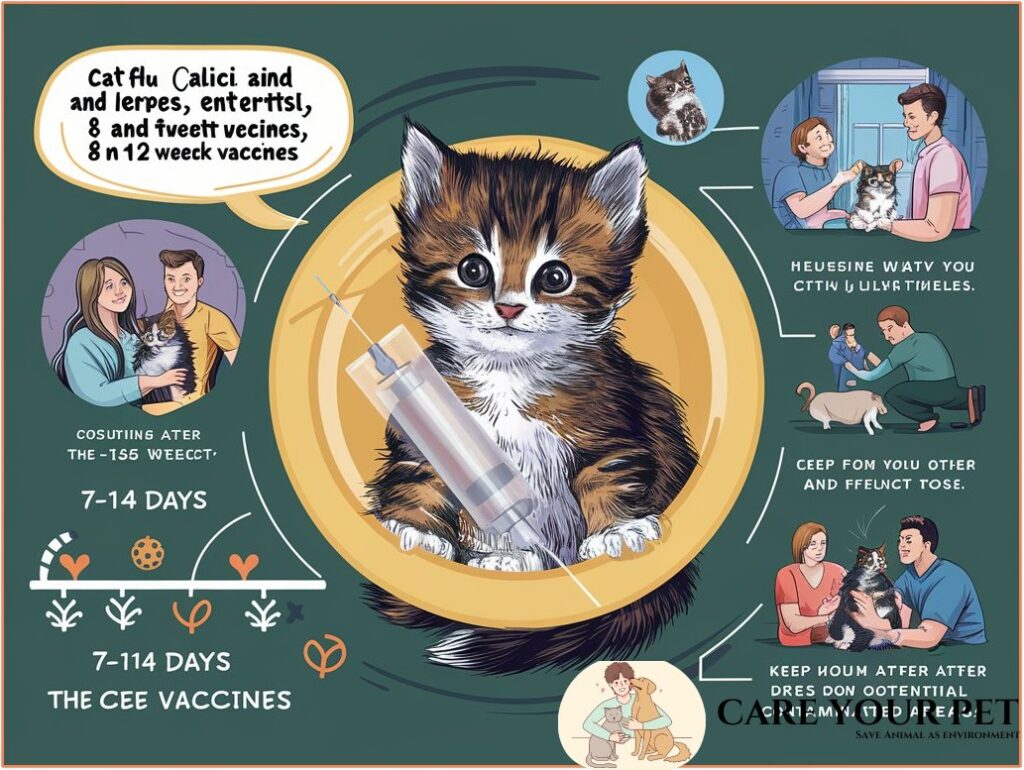
Your vet will have to give injections to your kitten which are done twice – at 8 and 12 weeks – cat flu (calici and herpes viruses), enteritis and FeLV. However, the vaccines do not usually start working for a period of 7 – 14 days from the second dose has been administered.
Therefore, another important instruction implicating the wellbeing of your pet is to refrain them from contact with other animals as well as areas the other animals may have possibly visited.
Sterilization is something that every responsible owner of a pet should do. It eradicates the need for destructive spaying through unwanted litters and provides a long-term cure, in addition to minimizing the probability of your pet getting certain cancers as well as other diseases. Your pet will not develop such things like roaming, spraying and fighting with other animals among several others.
Tens of thousands of cats and dogs get lost every year in the UK and most of them remain lost for a long period because they do not possess a permanent identification. Microchipping is the safest method that will enable them to return to you whenever you are searching for them.
Micro chipping is cost effective, painless and it’s done in a flash. A little transmitter, no larger than a grain of rice, will be inserted beneath your pet’s skin at the base of its neck and will have a number engraved on it. This procedure will be done with them fully awake and it is basically like a injection and both cats and dogs do extremely well with it.
The unique microchip number is then retained on a central database along with your name and/or address. Further assurance, this AHL is not available to the general public as the page is secured and only organizations and entities with the relevant security clearances can view this database. This means that if one is to change either their phone number or their physical address, they should update the database company on the same.
As a rule, decide whether the vet will register your pet for you or you will have to register your pet by yourself.
Conclusion
Finally, the first three months of the pet’s life with the family are vital to make the association between the two pleasant and healthy. Emphasize on creating proper living conditions, feeding, and regular check-ups with the veterinarian. The kitten needs a socialization process and they do require playtime as this contributes to their development thus becoming good adult cats.
It is also important to make sure that they avoid bringing too much stress to the newcomers and make sure that they are calm when introducing them to the confines of their new home. With love and care you are laying the cornerstone which will contribute to the formation of long-term relationship with the pet.
FAQs
-
What should I feed my new kitten?
Feeding your new kitten properly is crucial for their growth and development. During the first few months, focus on high-quality kitten food that is specifically formulated to meet their nutritional needs. These foods are rich in proteins, fats, vitamins, and minerals essential for their health. Offer small, frequent meals throughout the day to accommodate their small stomachs and growing energy needs.
Key Information:
1. Importance of high-quality kitten food.
2. Nutritional requirements including proteins, fats, vitamins, and minerals.
3. Feeding schedule with small, frequent meals. -
How do I litter train my kitten?
Litter training is an essential part of acclimating your kitten to their new environment. Start by placing the litter box in a quiet, accessible location. Show your kitten the litter box after meals and naps, as they are more likely to need to use it during these times. Use a litter that is safe for kittens and keep the box clean by scooping waste daily and replacing the litter regularly.
Key Information:
1. Choosing the right location for the litter box.
2. Timing litter box introductions after meals and naps.
3. Importance of using safe litter and maintaining cleanliness. -
What vaccinations does my kitten need?
Vaccinations protect your kitten from common diseases and should begin early to build immunity. Your veterinarian will create a vaccination schedule tailored to your kitten’s age and health status. Core vaccinations typically include those for feline distemper, calicivirus, and rhinotracheitis. Non-core vaccines may be recommended based on your kitten’s risk factors, such as exposure to outdoor environments or other pets.
Key Information:
1. Importance of vaccinations for disease prevention.
2. Core vaccinations like feline distemper, calicivirus, and rhinotracheitis.
3. Tailored vaccination schedule from your veterinarian. -
Socialization helps your kitten become comfortable with various people, animals, and environments, reducing fear and anxiety as they grow. Start early by exposing them to different experiences in a controlled and positive manner. Encourage gentle handling and playtime to build trust and familiarity. Gradually introduce them to new sights, sounds, and interactions to promote confidence and adaptability.
Key Information:
1. Early and positive exposure to diverse experiences.
2. Encouraging gentle handling and play for trust-building.
3. Gradual introduction to new environments and interactions. -
When should I spay or neuter my kitten?
Spaying or neutering your kitten is important for their health and behavior control. Most veterinarians recommend scheduling this procedure around 6 months of age, although timing may vary based on your kitten’s breed and health. Spaying/neutering helps prevent unwanted behaviors like roaming, spraying, and aggression. It also contributes to reducing overpopulation and potential health issues in the future.
Key Information:
1. Recommended age for spaying/neutering, typically around 6 months.
2. Behavioral benefits including reduced aggression and roaming.
3. Contribution to controlling pet overpopulation and long-term health benefits.
Handling your new kitten’s first few months involves providing proper nutrition, training, healthcare, socialization, and timely procedures like spaying or neutering. By addressing these aspects thoughtfully, you can ensure a healthy and happy start for your new furry companion.

